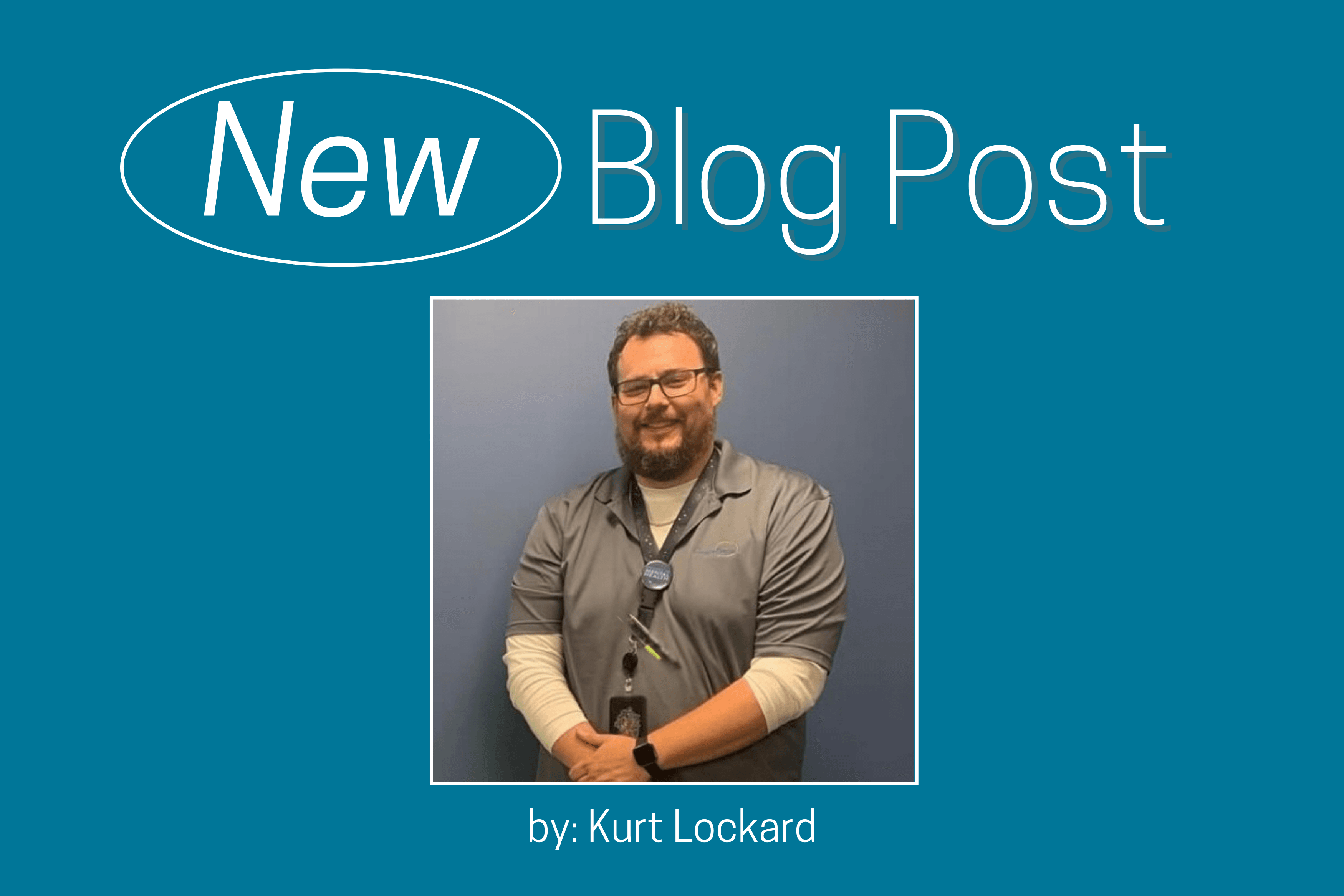
When I started at CenterPointe almost eight years ago, I had spent a decade working in human services. Like many of my colleagues, I was drawn to this field by a deep passion for helping others. But in my early years, I sometimes took on more responsibility than was helpful, feeling as though it was my job to solve every challenge people faced.
That changed a few years ago when CenterPointe gave me the opportunity to train in Motivational Interviewing (MI). From the start, it was clear that this approach would not only be more effective in supporting people on their recovery journeys but would also help me maintain my own well-being.
In 2023, alongside the expertise and hard work of CenterPointe’s Chief Clinical Officer, Senior Director of Outpatient Programs, and Senior Director of Residential Programs-and in collaboration with Region V—I had the privilege of helping develop CenterPointe’s own intensive, two-phase Motivational Interviewing curriculum. This wasn’t just about equipping staff with a new skill set; it was about deepening our mission of helping people get better, sooner, for longer. As we built the training, it became clear that MI seamlessly aligned with our mission, vision, and values, as well as our CenterPointe Model of Care, where evidence-based practices are a cornerstone of our approach. Decades of research reinforce what we see every day: MI builds trust, sparks engagement, and inspires real progress.
At its core, MI is about guiding people to uncover their own motivations for change. As the authors of Motivational Interviewing: Helping People Change and Grow describe it, MI is “a particular way of talking with people about change and growth to strengthen their own motivation and commitment.” Unlike directive approaches that tell people what to do, MI creates a space where individuals feel empowered to explore their own desires, abilities, reasons, and needs. For someone feeling stuck, overwhelmed, or unsure where to begin, MI offers a nonjudgmental framework that helps them move forward on their terms.
One of the greatest strengths of Motivational Interviewing is its adaptability. With CenterPointe offering a wide range of services—from crisis response to substance use recovery, mental health care, primary health services, and housing support—our staff need a flexible, person-centered approach. MI meets that need. Many of the individuals we serve have experienced profound trauma, and for them, trust can be difficult. MI’s trauma-informed design ensures that these conversations happen with empathy and respect. By listening without judgment and guiding without pressure, we create an environment where people feel safe enough to imagine new possibilities for themselves.
At CenterPointe, every direct care staff member is trained in MI, ensuring that no matter who someone works with, they receive the same consistent, compassionate, evidence-based support. This unified approach builds trust and reinforces our commitment to helping people help themselves.
Motivational Interviewing doesn’t just help the people we serve—it also benefits our staff. Working in a supportive role can be emotionally demanding, and it’s easy to feel the weight of trying to solve others' problems. MI shifts this perspective, emphasizing that change comes from within the individual, while staff serve as guides, offering encouragement and support along the way. This approach not only empowers the people we work with but also helps protect our staff from burnout, fostering a culture of collaboration and sustainability.
At CenterPointe, Motivational Interviewing isn’t just a technique. It’s a shared belief in the power of individuals to shape their own futures. And every day, it helps us fulfill our promise: to help people get better, sooner, for longer.

